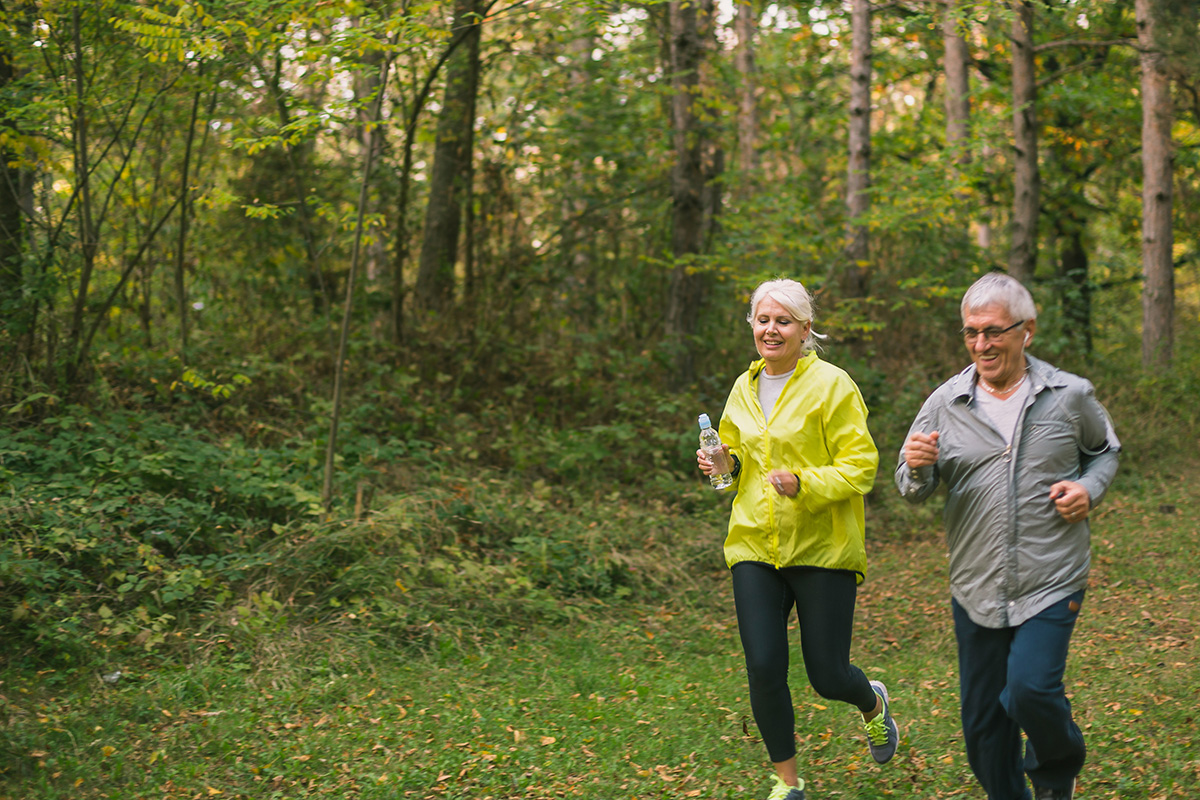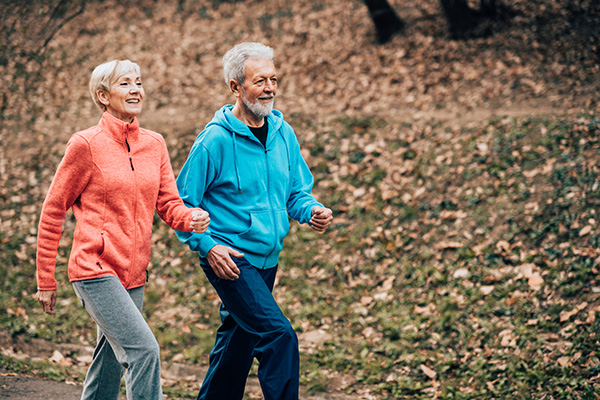Depression affects millions worldwide, and seeking non-drug treatments is becoming increasingly crucial. Did you know that walking can be a powerful tool for improving mood? A recent study has explored how different levels of intensity in walking exercise can impact depression in older adults, offering promising results that could change the way we look at treating this disease.
Discovering the impact of exercise on depression
Researchers at the University of Hong Kong conducted a randomized controlled trial to compare the effects of moderate- and vigorous-intensity walking exercise in middle-aged and older adults with depressive symptoms. Published in June 2022 in the Journal of Medicine and Public Health, the study suggests that physical activity may play a crucial role in reducing depression, highlighting the importance of understanding which intensity offers the greatest benefits.
What level of intensity is most effective?
According to WHO guidelines, it is recommended that older adults accumulate at least 150 to 300 minutes of moderate aerobic exercise, or 75 to 150 minutes of vigorous exercise weekly. However, which of these intensities offers the best reduction in depressive symptoms? This question motivated the pilot study, which randomly divided participants into two groups for 12 weeks: one group performed moderate walking and the other vigorous walking.

Study results: Moderate vs. vigorous walking
Both groups experienced significant improvements in depressive symptoms. Those who performed moderate walking showed a gradual decrease in symptoms over time, while vigorous walking participants reported more immediate mental improvements.
Conclusions and recommendations
This preliminary study underscores the value of walking exercise as an effective strategy for combating depression in older adults. Furthermore, it suggests that high-intensity exercise is not necessary for significant mental health benefits. Although more research is needed to confirm these findings, it is encouraging to know that something as simple as walking can have a positive impact on the emotional and mental well-being of older people.
Study with us
If you’re interested in how exercise can improve the mental and emotional health of older adults, our institution offers a Master in Physical Activity: Sports Training and Management that can provide you with the tools you need to understand and apply these findings in a practical context. You will learn not only about the benefits of exercise for mental health, but also how to design physical activity programs that are effective and accessible for diverse populations, including older adults with depressive symptoms. Join us and be part of the shift to a healthier, more active life. For more information, visit our master’s degree link here: Master’s in Physical Activity, Training and Sport Management.

